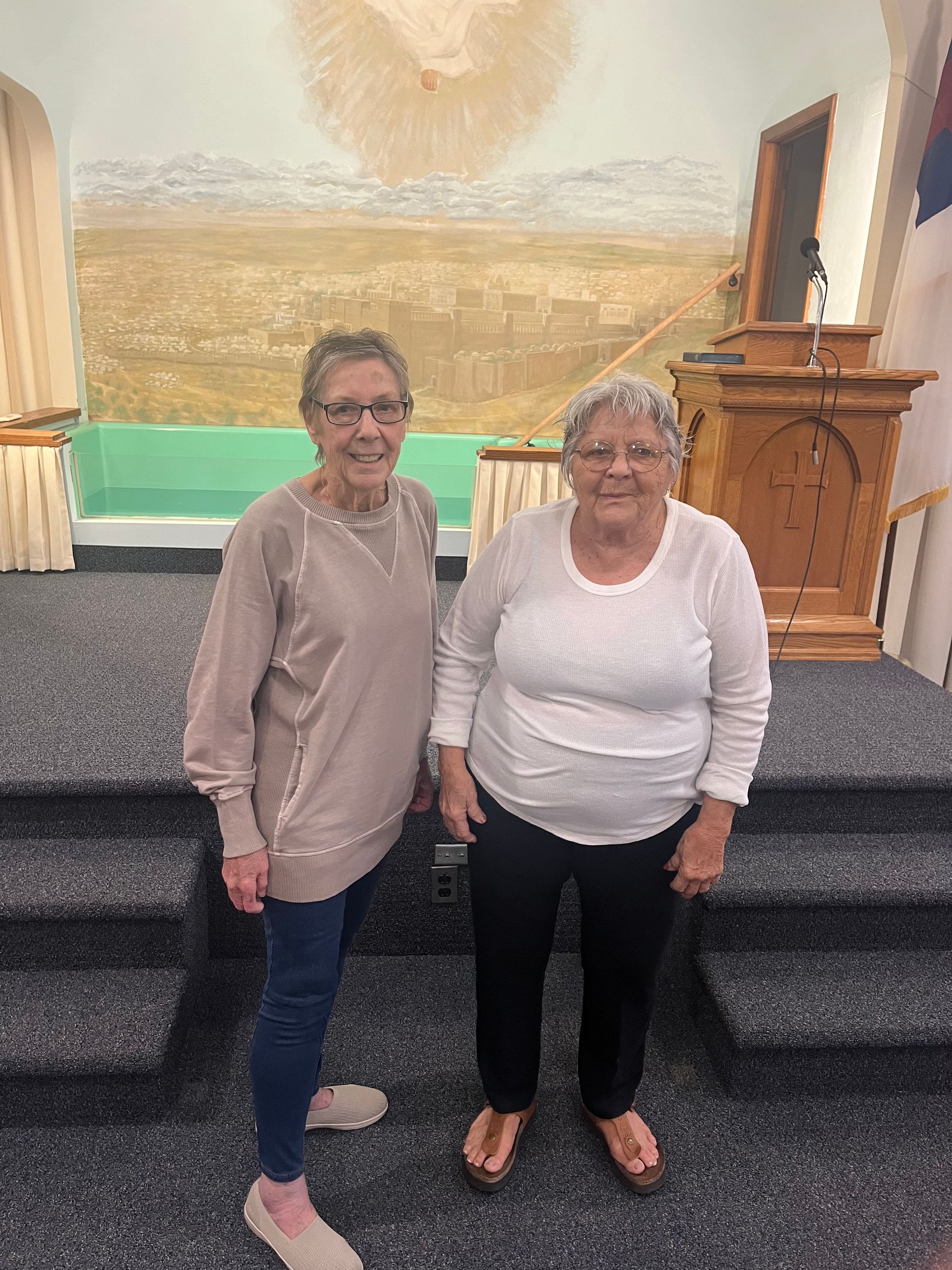Enemies
ENEMIES
Evolutionists will tell you that humans have endured because we found reward in two things: procreation and conflict. Evolution and its ever-reducing competition for resources suggests that humans have found success in our ability to continuously populate the world with ourselves and our dominance over would-be predators in conflict.
We’re not that amazing though, right?
Most of us wouldn’t fare well against a bear in the woods, or any of the sharp-clawed beasts roaming the savanna. But our highly capable neurological systems, our ability to reason and measure threats, and our subsequent rapid responses have served us well.
But our real superpower, the real thing that has allowed us to persevere? Cooperation. Across creation, no species can cooperate like humans. Often occurring under threat, humans hold an amazing ability to “band together.” We love to band together to fight for a cause, cheer on a team or collectively pledge ourselves “one nation, indivisible.”
LOVE THY ENEMY
The system is always running, however. We don’t like being scared, but it feels good to be angry. Especially when our anger is validated by our peers who surround us and directed toward our chosen threat. Never clearer is this dynamic than in the age of social media. Cultural Tribalism is often the term coined to describe this dynamic, but even that term misses the point. Cultural Tribes are defined by their boundaries and by their enemies. As Christian leaders, we preach the gospel of loving enemies. Our evolution and culture have taught us to love having enemies.
Rallying together to fight a common foe is as old as time itself. Rome’s rivalry with Carthage is likely why the empire lasted so long. The United States ran half a century of foreign policy banding against the threat of communism. Even Iceman and Maverick pulled it together to beat the threat of Russian-esque MiGs. But I digress.
We lust for conflict, but there’s a cost we often ignore in our lust. While standing next to a small white Dunker church on Antietam battlefield, General George McClellan said, “I am tired of the sickening sight of the battlefield with its mangled corpses & poor suffering wounded. Victory has no charms for men when purchased at such cost.” We seem to thirst and thirst for conflict, until we see it grow into full bloom. We verbally clamor for action, violence, and extremism, but we don’t know the cost of what we’re bidding on.
We don’t have to look far; turn on the news and you’ll see college campuses flooded with protestors of Israel’s war in the Gaza strip. According to a recent UNICEF report, “The proportion of people willing to participate in demonstrations has increased to its highest levels since the 1990s, and the number of protests has also risen in this period.” It’s no wonder, in a time when our phones and culture have severed so many of our typical bonds and left young people aching for community and connection. "Honestly, I've made a lot more friends here than I have over the past three years," says Jamil Dellawer, an MIT senior, sitting inside the protest encampment on MIT’s campus. "It's honestly really, really beautiful."
KNOW THY ENEMY
Many rivalries are harmless, but they draw from our darkest shadows. Because humanity enjoys unity in the face of threat, we seek out enemies, even if we need to manufacture them. Or worse yet, we let others manufacture them for us.
Cruise cable news after 7 PM, and you’ll enjoy a veritable smorgasbord of scapegoating. Immigrants, politicians, political ideologies, young people, old people, woke culture. The list goes on and on. The menu is full of topics that should enrage us and fingers pointed at whom we should direct our anger.
As Christians, we need to differentiate between faithfully standing on principles and culturally crusading on outrage. For any group advocating a cause, we must actively reject our primal instincts to identify fake enemies. The greatest threats to Christianity (particularly in the West) aren’t its true adversaries, but the voices that tell us to hurt others who pose no threat or danger. The people who enrage you are likely not your mortal enemy. (But even if they were, Jesus says something about that). They are beautiful creations of a loving God, and a soul God longs to be in community with.
JOIN UP
Human nature is to join. We join movements because of their goals, because of their community, because of what we receive, but also, increasingly, because joining makes us feel good. That’s not an insult or a watering-down of the faith. Joining is the reason we do everything; it triggers the reward system in our brain. This isn’t a departure from godly living, but rather a deep-seeded feature of humanity. God created our need for belonging, and hard-wired us to desire it. The church depicted in Acts is the bright light at the end of this circuitry.
Camping out on college quads, marching in the streets, or barricading ourselves together in buildings is a social aphrodisiac. The experiences are generating powerful feelings of common identity and give an intense sense of “belongingness,” especially among young people who lacked the same connective tissue earlier generations enjoyed on campus. Keep in mind, the class of 2024 had a pandemic obliterate their freshmen year and much of the following.
If we’re concerned about slipping cultural values, if we’re threatened by the changes around us, we need to be hyper-vigilant of the voices clamoring for a scapegoat. The world doesn’t need more sequestering and division. Culture does a fantastic job doing that on its own. The Church is called to be a different voice in the winds of rage: a resting place. “Come to me, all who are weary.” A place that offers belonging to all (and let’s be clear, the Church is a place for ALL). We can offer an oasis for those searching and the antidote to all this pitchforking: belonging.
Our call as leaders is to tap humanity’s superpower of cooperation to create this place of belonging. The gathered church isn’t called into cultural crusades. We’re called to devote ourselves in prayer, submit ourselves to teaching and to regularly gather in breaking of bread and fellowship. Perhaps most-counter cultural in the book of Acts was the strength of their fellowship: “No one was in need because they cared for each other.”
A whole world and generation are desperate for belonging. Let no one be in need because we care for each other.
Patrick Sprague
Park Street Brethren Church










